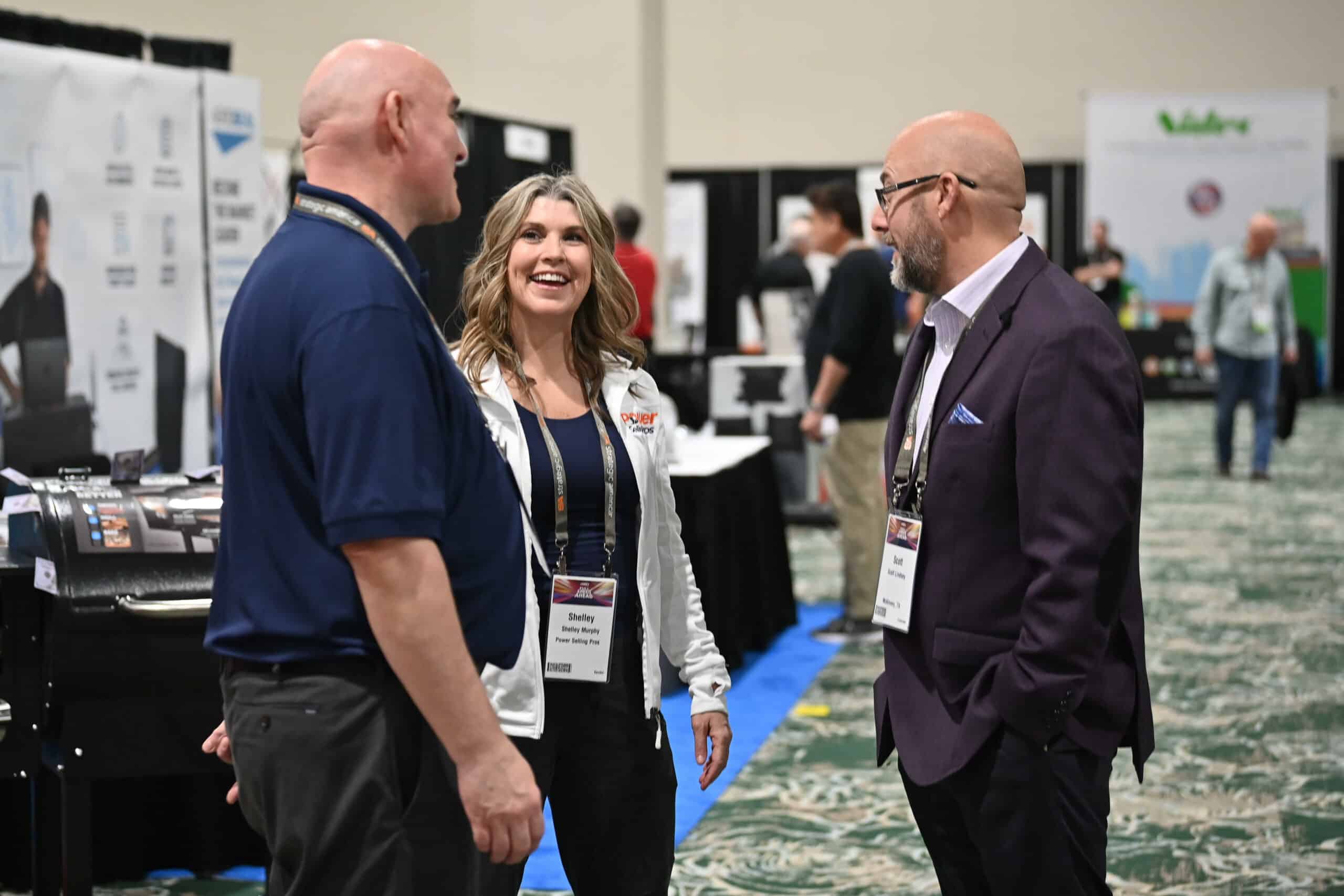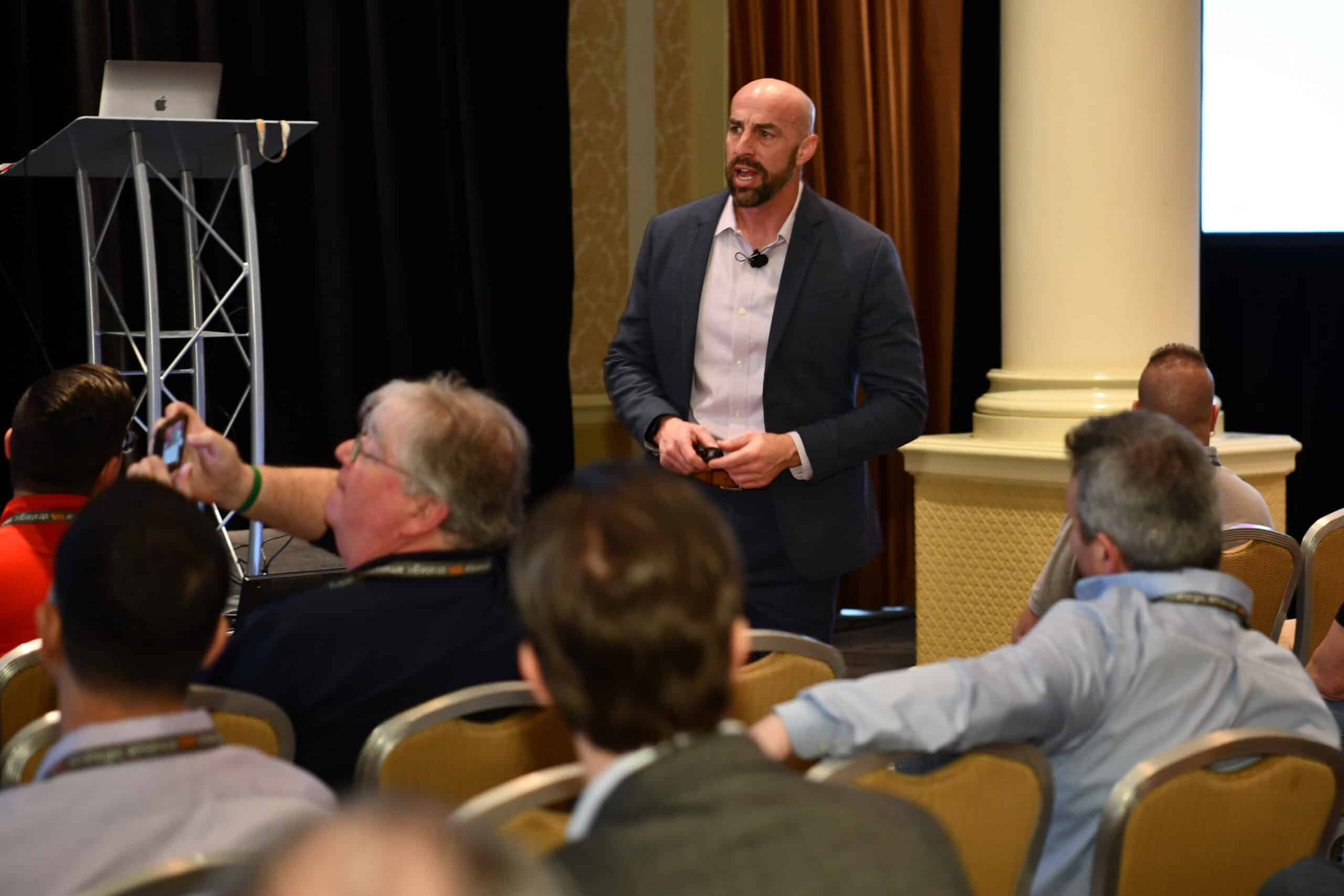There’s a crisis happening in our companies:
Every truly great business needs their people to do three things even better than they do their stated job descriptions:
- Think independently (and say what they think!)
- Feel emotionally dedicated to the game you’re playing
- Engage in good causes of their own free will
But that’s not happening in most of our companies…
Instead of thinking, people are merely complying. Instead of feeling dedicated, people are floating through the motions. And instead of engaging in great work because they want to, they’re following along with whatever the boss says because they “have to.”
The reason why:
They’ve been conditioned by their leaders to simply take orders. To do what’s told of them. To react to commands and instructions and processes and customers, never taking personal responsibility for going the extra mile.
Some employees are exceptions, of course. But they’re exceptions, not the norm.
And don’t me wrong: processes and systems are crucial to growth. But they’re meant to assist your people in doing great work, not dictate thinking. Where most process-oriented companies are process-centered and people-supported, we need more businesses that are people-centered and process-supported.
It’s a lofty goal – to create a world where more companies are people-centered and process-supported so that their teams can think more independently, feel more dedicated to the game, and engage in great work of their own free will.
But it’s also an extremely profitable goal…
Gallup research shows that highly engaged work teams are 21% more profitable and have 59% less turnover.
And here’s how you can get there:
Ask Great Questions
That’s it. Do less telling and advice-giving and order-barking and more asking. Asking encourages action. Asking invites people to think and contribute more.
Here’s the specifics on how:
The Five Principles of Question-Asking:
- Use a scale of 1-99 in your questions, not 1-10 or binary yes/no questions
- Ask only one question at a time
- Celebrate with, not for people – and be ltra-specific
- Don’t ask “why” questions, they make people defensive – use “what” and “how” questions instead
- Focus on behavior with questions, not people’s characteristics – “I noticed you were late” not “you’re unreliable”
26 Specific Questions to Ask
- What’s on your mind?
- And what else? (three times!)
- What do you want?
- What’s the real challenge here for you?
- How can I help?
- If you’re saying “yes” to this, what are you saying “no” to?
- What’s been most useful here for you?
- How can I do this better next time?
- How sure are you from 1-99? What led to that conclusion?
- It seems like you are (describe apparent emotion). What are you thinking?
- Tell me more.
- What is behind your decision?
- How do you see the issue?
- If a miracle happened while you sleep tonight, and everything in life is exactly how you want it tomorrow, what does that look like?
- What might gg wrong?
- What are the implications of that?
- How well is this going?
- What am I missing?
- For problem-solving: what do you see? –> What happened before this? –> What should we do?
- What do you think happened?
- How might you see it differently?
- How could I have done it better?
- What could we do differently next time?
- What is one thing we could change to make this better?
- What does this look like from your perspective?
If you implement the simple skill of asking more and telling less at work, your people will become more engaged. Let me know how it goes.
That’s how you ask questions that bring out the truth.
P.S. The person who asks the questions controls the conversation…
Not just the managers, but also your customer service and sales reps.
If you know your team can do a better job controlling customer conversations, schedule a free consult with us here and we’ll tell you how to make it happen.



